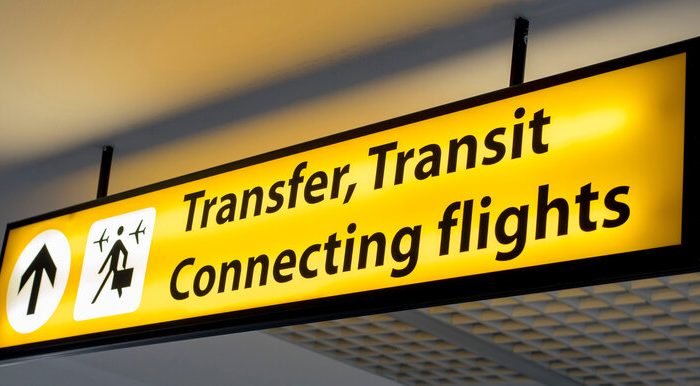TRANSIT VISITOR VISA
UK Transit Visitor Visa: Eligibility, Requirements & Application Process
In This Guide
14. How Our Immigration Barristers Can Help
Applying for a UK Transit Visitor Visa – whether for direct airside transit or a short entry into the UK – can appear straightforward, but even minor oversights can lead to refusal. UKVI applies strict standards to all transit applications and often refuses cases where there is inadequate evidence, ambiguity about travel intentions, or a history of non-compliance.
At Richmond Chambers, our immigration barristers provide expert advice and professional legal representation for all categories of UK transit applications. We understand the legal nuances of both the Direct Airside Transit Visa and Visitor in Transit Visa routes, and we tailor our approach to meet the specific needs of each client.
We can assist by:
- Assessing whether you require a transit visa for the UK or qualify under the Transit Without Visa scheme;
- Advising on the most appropriate type of UK airport transit visa based on your route and travel circumstances;
- Preparing a fully documented and legally sound application, with persuasive representations tailored to the Home Office’s decision-making criteria;
- Addressing any previous UK visa refusals or immigration breaches that could impact the application;
- Advising on potential risks and complications, including dual-intent concerns or unclear travel plans.
We also advise on complex scenarios, including:
- Transit involving multiple international stops;
- Emergency or compassionate travel requiring entry via the UK;
- Business travellers needing short-term entry for onward international connections.
We are particularly experienced in assisting high-risk applicants and those with urgent travel needs, ensuring that applications are structured in a way that maximises credibility and minimises the risk of refusal.
15. Contact Richmond Chambers Immigration Barristers
At Richmond Chambers, we combine in-depth legal knowledge with a strategic, client-focused approach. Our barristers provide comprehensive immigration advice on all aspects of the UK Transit Visitor Visa application process, including eligibility assessments, document reviews, and refusal challenges.
To speak to one of our immigration barristers about your transit visa requirements, please contact us on +44 (0)20 3617 9173 or complete our online enquiry form below. We offer timely, professional assistance for both straightforward and complex UK transit applications.
WE CAN ALSO ASSIST WITH
WHAT CAN WE HELP YOU WITH?
To discuss your UK Transit Visitor Visa application with one of our immigration barristers, contact our personal immigration team on 0203 617 9173 or complete our enquiry form below.
LATEST ARTICLES EXPERT COMMENT AND INSIGHT
FROM OUR IMMIGRATION TEAM
UK Visitor Visa (Tourism or Leisure) – Top 10 FAQs
By Isabella Reynard – Immigration Barrister
Client Success: UK Visit Visa Granted for Elderly Parent from Iran
By Richmond Chambers –
What’s the Difference Between an ETA and an ETIAS?
By Paul Richmond – Managing Partner






